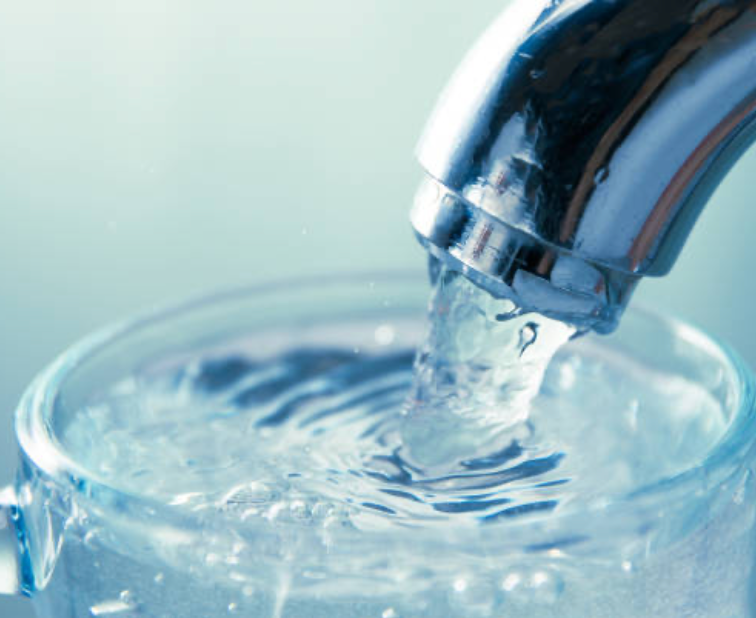by Dave Williams | Capitol Beat News Service
ATLANTA – Georgia will receive $1.15 million in federal funds to help schools and child-care centers reduce lead in drinking water.
The Georgia funding is part of a $26 million allocation nationwide by the U.S. Environmental Protection Agency, which will be used by 55 states, the District of Columbia and U.S. territories.
“The science is clear: There is no safe level of exposure to lead,” said Bruno Pigott, the EPA’s acting assistant administrator for water. “This $26 million will help protect our children from the harmful impacts of lead.”
The EPA also is investing $15 billion to remove lead pipes and is helping local communities develop and put in place lead pipe replacement projects.
While children are especially susceptible to harm from lead, most states haven’t done enough to safeguard their schools’ water, according to an analysis by the Environment Georgia Research & Policy Center.
“For far too long, testing has been the main approach to lead in water,” said Jennette Gayer, the center’s director. “Yet, lead concentrations in water are so highly variable that even taps where no lead is detected can be highly hazardous.
“It is crucial that Georgia officials use that (EPA) funding on actions that will actually get the lead out – such as installing filters and replacing old fountains with new water stations at school.”









